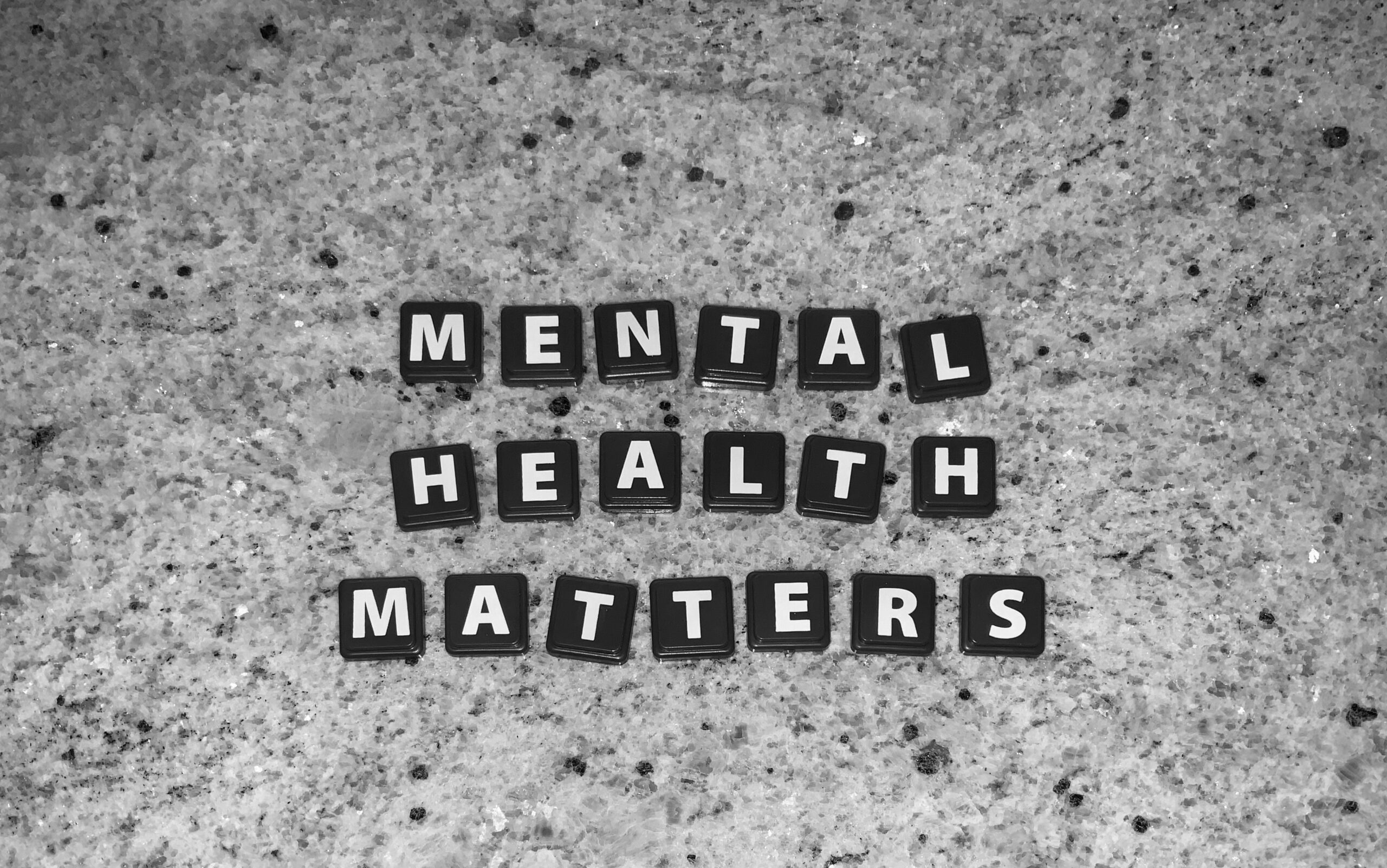Open courses
Generational Perspectives on Youth Mental Health: Unpacking the Crisis
In recent years, there has been widespread acknowledgment across generations in the UK that youth mental health is on the decline. A new survey by the Policy Institute at King’s College London and the Orygen Institute in Australia highlights that while there is consensus on the issue, the underlying causes and perceptions of this crisis vary significantly across different age groups.
Generational Differences in Perceptions
The survey reveals distinct generational differences in attributing the causes of declining youth mental health. Baby Boomers, for instance, are more likely than younger generations to link youth mental health issues to increased drug and alcohol use. They are also less likely to consider the increased cost of living or worse economic prospects as significant factors. This generational perspective contrasts sharply with Millennials and Gen Z, who are more inclined to see economic pressures as a primary cause.
The Role of Social Media
Social media is often highlighted as a major contributor to worsening youth mental health. The survey found that two-thirds of the UK public view increased social media use as a key driver of mental health issues among young people. Interestingly, Gen Z, who are the most active on these platforms, are less likely to attribute their mental health problems solely to social media, suggesting a more nuanced understanding of its impact.
Economic Factors and Resilience
Around half of Millennials, Gen X, and Baby Boomers believe that mental health problems among young people were just as prevalent in the past but were not recognized as such. Conversely, fewer Gen Z individuals hold this view. Moreover, Baby Boomers and Gen X are twice as likely as Millennials and Gen Z to argue that today’s youth are less resilient, pointing to generational stereotypes about toughness and coping mechanisms.
The Impact of COVID-19 and Emerging Technologies
The survey also highlights other significant factors perceived to impact youth mental health, such as the COVID-19 pandemic and the advent of new technologies. These aspects are seen as contributing to increased anxiety, depression, and other mental health issues, adding complexity to the generational perspectives on the crisis.
Comparing UK and Australian Views
The study also compares UK attitudes with those in Australia, finding a high degree of alignment between the two countries. This international perspective underscores the global nature of the youth mental health crisis, with both UK and Australian publics recognizing similar drivers and consequences.
Public Perception and Policy Preferences
The public overwhelmingly feels that life is tougher for young people today compared to previous generations. This sentiment spans various aspects of life, including mental health, economic prospects, and job opportunities. Young people themselves are notably more likely to feel the pinch, particularly regarding affordability and economic stability.
When it comes to addressing the crisis, the public prefers immediate actions, such as increasing mental health services and implementing zero-tolerance policies on bullying. There is also significant support for holding social media companies accountable for their impact on youth mental health. However, longer-term structural solutions, such as addressing sexism, racism, and employment issues, receive less priority.
Expert Insights
Professor Bobby Duffy of the Policy Institute emphasizes the importance of understanding the complexity behind the youth mental health crisis. He notes that while older generations may blame social media or substance abuse, these factors are part of a broader set of challenges faced by young people today. Vivienne Browne of Orygen adds that addressing youth mental health is crucial not just for the affected individuals but for society as a whole, calling for political and public support to tackle the issue comprehensively.
Conclusion
The generational differences in perceptions and attitudes towards youth mental health highlight the need for a multifaceted approach to addressing the crisis. While there is broad agreement on the severity of the issue, understanding and bridging the generational divide in perceptions can lead to more effective and inclusive solutions. The survey underscores the importance of listening to young people and considering their perspectives in policy-making to ensure that interventions are both relevant and effective.

